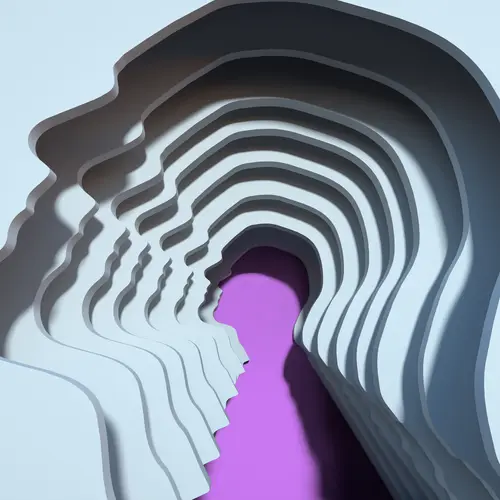Mental illness and addiction can often go hand in hand. About half of people with substance use disorder also have depression, anxiety, or another type of mental illness. And half of people with a mental illness become addicted to drugs or alcohol at some point in their lives.
Doctors have a name for this combination of mental illness and addiction. They call it a dual diagnosis or co-occurring disorders. Each disorder makes the other one worse -- and harder to treat.
The mental disorders most likely to go along with addiction are:
- Anxiety disorders such as generalized anxiety disorder, panic disorder, and phobias
- Depression
- Posttraumatic stress disorder (PTSD)
- Attention deficit hyperactivity disorder (ADHD)
- Bipolar disorder
- Personality disorders
- Schizophrenia
Addiction is also more common in people with eating disorders, who sometimes abuse drugs like laxatives, amphetamines, or cocaine to help them lose weight.
How Are Substance Use and Mental Illness Connected?
Scientists aren't sure of the exact link between substance use disorder and mental illness, but they have some ideas. Both conditions share a few of the same risk factors.
Your genes can increase the risk for both conditions. That’s why addiction and mental illness sometimes seem to run in families. Exposure to stress or trauma can also trigger mental illness and substance use.
Some people with mental health disorders use drugs or alcohol to “self-medicate” or relieve their symptoms. It's also possible for substance use to change your brain in ways that make you more likely to have a mental illness.
Eating disorders and substance use disorders share some of the same traits, including low self-esteem.
Symptoms
The symptoms can vary, depending on which substance you use and the type of mental disorder you have. These are some signs that you might have a dual diagnosis:
- You can't stop using drugs or alcohol.
- When you try to stop, you have withdrawal symptoms like sweating, shaking, nausea, or crankiness.
- You feel like you need the drug or other substance to function.
- You avoid friends and family.
- You have trouble sleeping, eating, or concentrating.
Getting Help
If you have substance use disorder and mental illness, it’s important to get treatment. Having both conditions makes you more likely to:
- Get in trouble with the law
- Lose your home
- Get sick
- Take dangerous risks
- Start using drugs or alcohol again after treatment (relapse)
You'll have the best chance of recovery if you get help for both conditions at the same time. Start with your primary care doctor, who may refer you to an addiction specialist or treatment facility.
Your doctor will match you to a treatment based on:
- The type of mental health disorder and symptoms you have
- The substances you're addicted to
- The effects your addiction and mental illness have on each other
Detoxification, or detox, is often the first step in the process. You may need to stay in a treatment center for a few days. Medical staff there will carefully supervise you as you wean off certain substances. They will give you medication to relieve some of your withdrawal symptoms.
There are special treatment facilities for eating disorders. Most of these centers have experience helping people get off diet pills, laxatives, and other substances.
Therapy is an important part of the treatment for a dual diagnosis, especially cognitive behavioral therapy (CBT). CBT teaches you how to identify and change the negative thoughts that cause you to drink or take drugs.
You may also need medication to treat the mental health issue or to relieve withdrawal symptoms while you go through detox. Some medications are effective for both substance use and mental illness. For example, antidepressants work for depression and alcohol dependence.
Programs such as Alcoholics Anonymous or SMART Recovery can give you support as you go through the treatment process.

